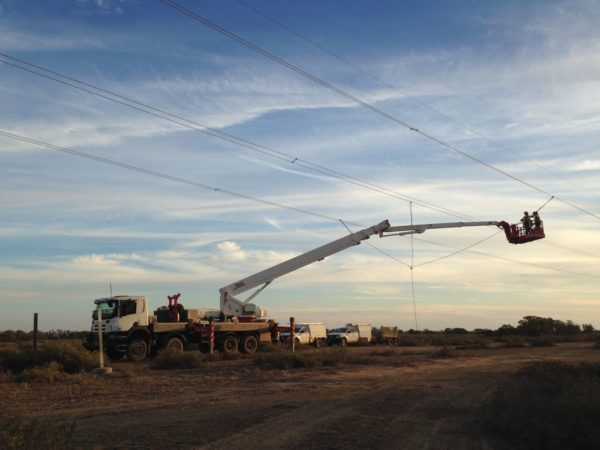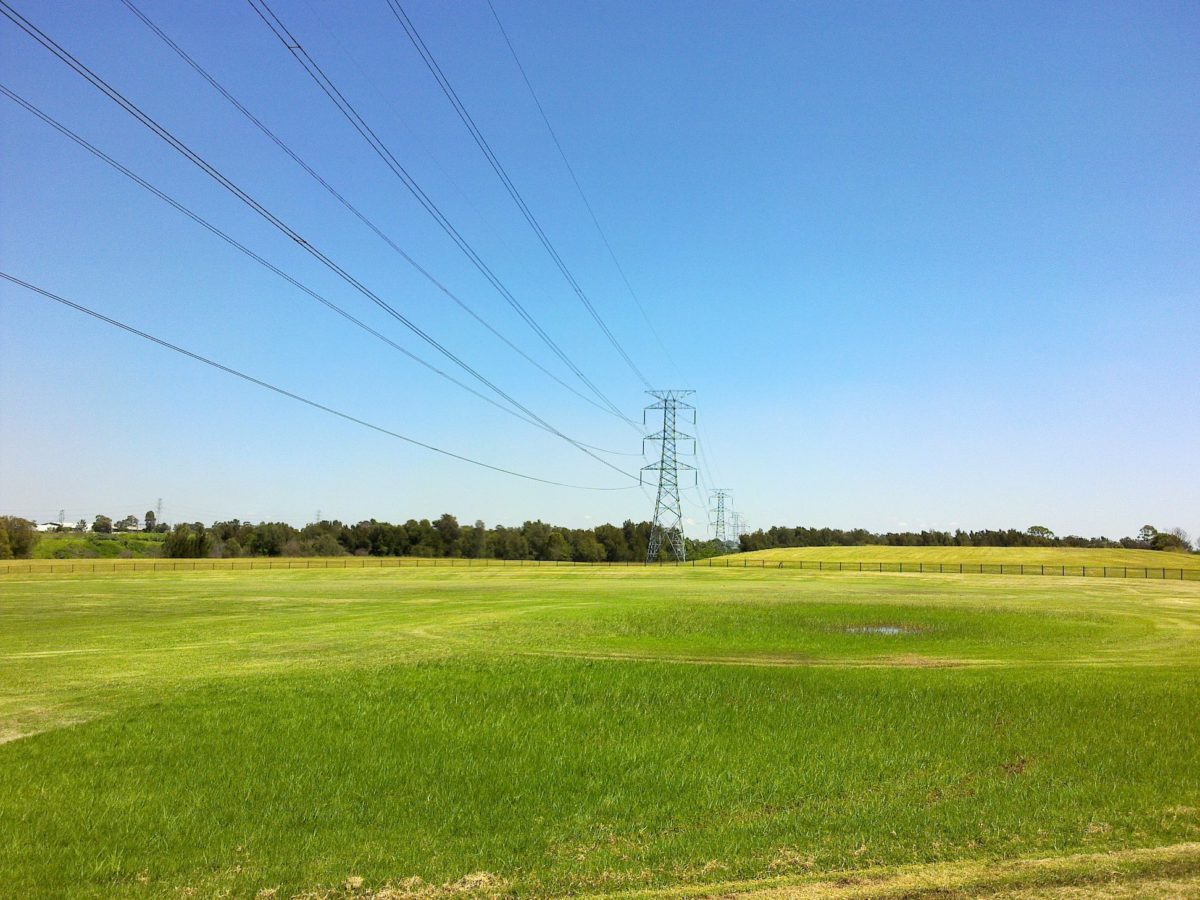Transgrid and ElectraNet had both called on the Australian Energy Market Commission (AEMC) to amend National Electricity Rules (NER) so they could access cashflows from consumers sooner, declaring the existing rules hinder their ability to secure financing for projects outlined in the Australian Energy Market Operator’s (AEMO) Integrated System Plan (ISP).
In their submissions, Transgrid and ElectraNet said if they were unable to access customer payments earlier, their credit rating would deteriorate, making it difficult for them to secure financing for the large-scale transmission infrastructure projects outlined in the ISP.
Projects include the $1.53 billion Project EnergyConnect which will see the construction of a new 330 kV double-circuit interconnector between South Australia and New South Wales.
Other large-scale transmission infrastructure projects identified in the ISP include an upgrade to the existing Victoria ‒ New South Wales Interconnector (VNI) and the construction of HumeLink, a 500 kV transmission upgrade to increase transfer capacity from the Snowy Mountains hydroelectric scheme.
The AEMC however disagreed, saying the current rules do not prevent these projects attracting finance and the proposed changes would have had “significant downsides” for consumers and “would likely substantially increase costs to consumers in the near to medium term”.
AEMC’s decision announced on Thursday mirrors that outlined in the draft determination published in February when it said it had found no barrier to financing large-scale transmission projects under current energy rules and proposed to keep existing rules in place to protect consumers from higher up-front costs.
“These TransGrid and ElectraNet proposals would cost consumers money and expose them to greater risks,” AEMC chief executive Benn Barr said at the time.
“Effectively it wants consumers to pay for energy assets as they are being built – like asking motorists to pay tolls on roads before they can be built and used.”

Image: TransGrid
The AEMC said in the short- to medium-term, the TransGrid and ElectraNet proposal would at a minimum increase the network charge component on household consumer bills by $6 a year in NSW, and $4 a year in SA, just for Project EnergyConnect.
Significant reductions in wholesale electricity prices as a result of Project EnergyConnect are not expected to occur until after 2030, meaning consumers now will be paying more for the project than consumers in the future, despite consumers not receiving the benefits now.
The AEMC said applying the TransGrid and ElectraNet proposal to other ISP projects such as Humelink and VNI minor would increase costs even further. And while the intention is for costs to decrease in later years, this would not apply until 2040.
“The intergenerational wealth transfer caused by the proposed changes to the rules would be unlikely to be in the long-term interests of consumers, particularly given that current consumers would be paying for benefits enjoyed by future consumers,” the AEMC said in a statement.
The AEMC said the requests would also make the regulatory framework more complex, increasing the costs of regulation and reducing incentives for networks to build projects on time.
“Based on the evidence we have gathered, the Commission does not believe there is a need to change the rules,” Barr said.
The AEMC said the final determinations came after consultations and consideration of submissions from a range of stakeholders including the Australian Energy Regulator (AER) and the Australian Competition and Consumer Commission (ACCC).
This content is protected by copyright and may not be reused. If you want to cooperate with us and would like to reuse some of our content, please contact: editors@pv-magazine.com.









By submitting this form you agree to pv magazine using your data for the purposes of publishing your comment.
Your personal data will only be disclosed or otherwise transmitted to third parties for the purposes of spam filtering or if this is necessary for technical maintenance of the website. Any other transfer to third parties will not take place unless this is justified on the basis of applicable data protection regulations or if pv magazine is legally obliged to do so.
You may revoke this consent at any time with effect for the future, in which case your personal data will be deleted immediately. Otherwise, your data will be deleted if pv magazine has processed your request or the purpose of data storage is fulfilled.
Further information on data privacy can be found in our Data Protection Policy.